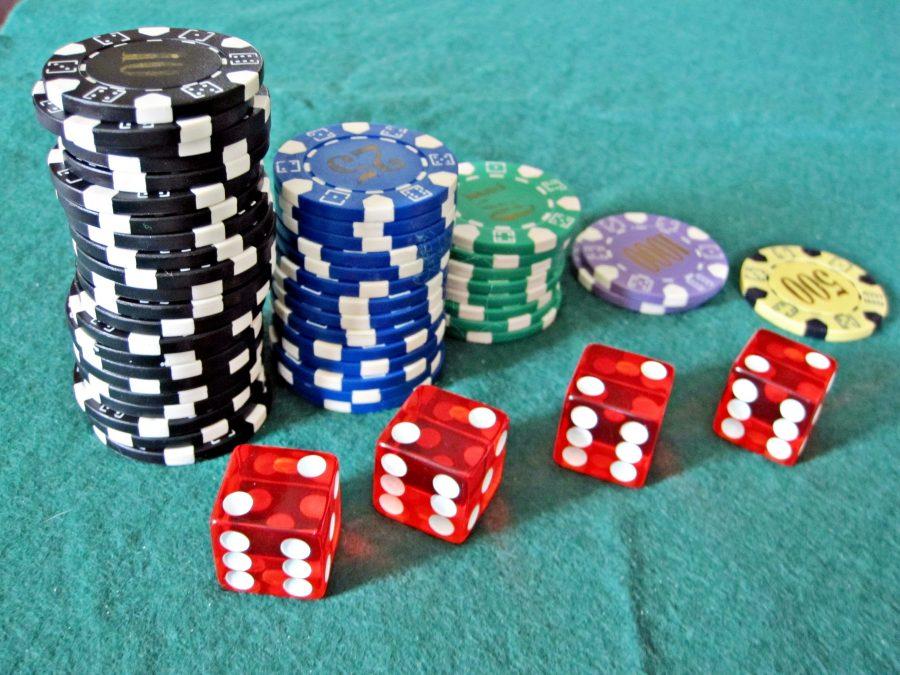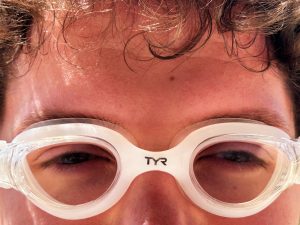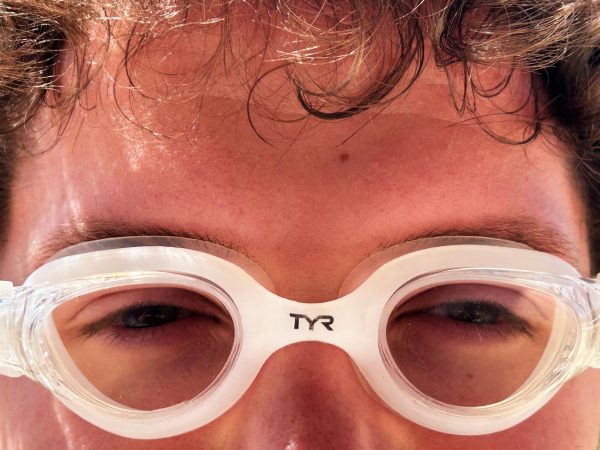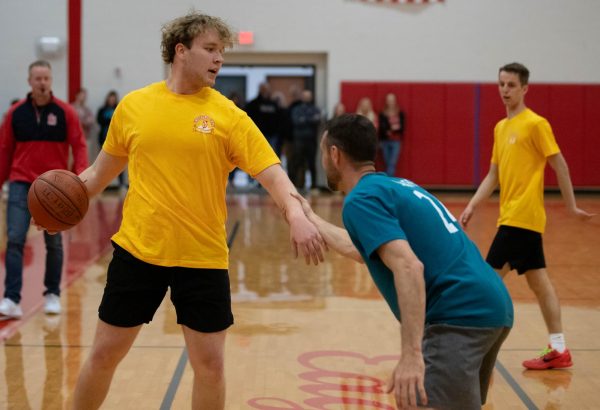Heads Up!
Know why underage gambling can lead to a bad beat
January 30, 2017
With a recent surge in gambling and the rise of elaborately-constructed casinos in the past 30 years, gambling has evolved into a favorite social pastime. In fact, over 60% of American adults have gambled over the past twelve months in some activity.
Considering the fact that gambling generates more revenue than movies, spectator sports, theme parks, cruise ships, and recorded music combined, gambling has inevitably secured its role in the sphere of entertainment.
In Missouri, it remains to be a popular leisure activity. While oftentimes a great way to “break the ice” or spend a fun-filled night with friends, gambling can negatively affect those who aren’t following the rules. Underage gambling is a serious issue which can lead to both personal and legal troubles. It is estimated that approximately 2.1 percent of U.S. residents ages 14-21 struggle with problem gambling, and another 6.5 percent are at-risk.
Missouri law dictates that in order for a person to be able to legally gamble within an establishment, they must be 21 by age, including riverboat gambling. In Missouri, current laws make it a misdemeanor punishable by a fine of up to $500 and a maximum of six months in jail for casino patrons of any age to show a false identification. Repeat offenders can face a stiffer misdemeanor penalty, punishable by up to a $1,000 fine and a year in jail.
With strict entrance and “cash-out” security checks, casinos in Missouri and the United States enforce these laws well, but to the surprise of many, most underage transgressions don’t take place in casinos, speakeasies, or underground basements. They occur on the World Wide Web. Online underage gambling is rapidly becoming an issue as many teens under the age of 21 are creating questionable accounts on gambling sites such as pokerstars.com and fulltilt.com. In a community where all you need is a valid credit card to begin play, gamers have the freedom to participate in anything from $1/$2 no-limit Hold ‘Em to high-stakes poker, without ever having to break a sweat of handing over a false photo ID.
While televised poker tournaments like the WSOP and Hollywood movies like “21” may portray gambling as appealing and rewarding, beginning to gamble from a young age can lead to a plethora of bad habits and mental repercussions.
Our brains do not fully develop themselves until they reach our early twenties, and unsafe gambling habits solidify themselves in the minds of young men and women from an early age as they grow. Starting young can formulate gambling addiction, a destructive psychological disorder which leads to depression and oftentimes financial ruin.
When faced with the lack of ability to repay accumulated debts, addicts go bankrupt or turn to illegal activities to accrue funds, which often buries them in more legal trouble.
The best way to prevent underage gambling is to think before you act, as the behavior of young teens can often lead to reckless decision-making without heed of the consequences that their actions can lead to.
Gambling is a form of entrainment that can lead to unpredictable circumstances when not taken responsibly or with caution. As rewarding as underage gambling may seem, it is important that we channel youth away from being involved in gambling before they are permitted by the law to do so.
You can take a leading role in this action as well. If you are experiencing symptoms of underage gambling, talk to a trusted adult or speak with a school counselor or administrator. If you know someone who is experiencing these issues, console him or her and take the issue to a school official or call the gambling problem hotline, 1-888-BETSOFF.
Sources
(1) http://www.pbs.org/wgbh/pages/frontline/shows/gamble/etc/facts.html "Gambling Facts and
Statistics." PBS. PBS, n.d. Web. 29 Jan. 2017.
(2) http://www.stlouis.cbslocal.com/kmox1120. "Nixon Vetoes Bill Changing Underage Gambling
Laws." CBS St Louis. N.p., n.d. Web. 28 Jan. 2017.
(3) http://knowtheodds.org/wp-
content/uploads/2013/05/NYCPG_ebook_YouthGambling_052114.pdf "The Dangers of Youth
Gambling Addiction – NYCPG." N.p., n.d. Web. 29 Jan. 2017.

















